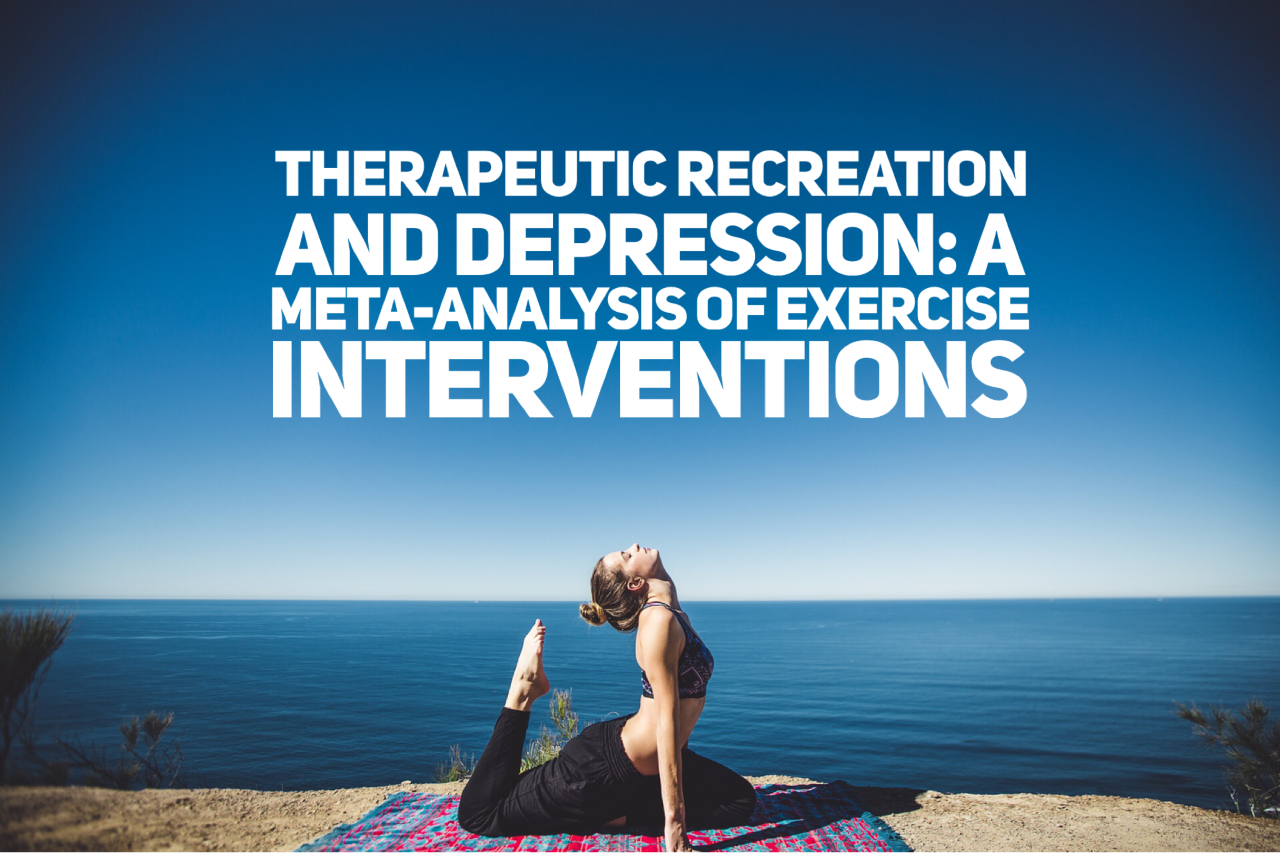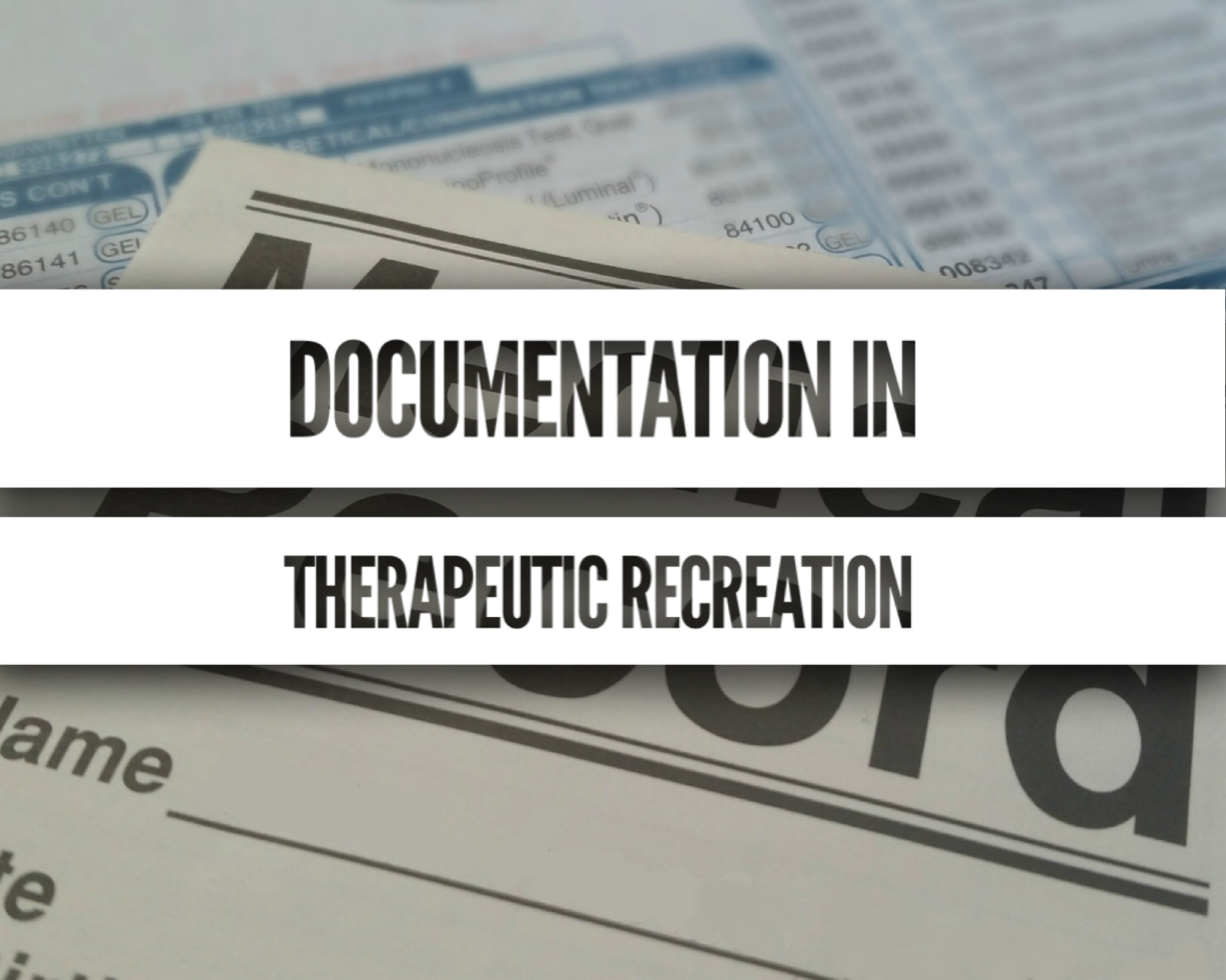Tag: Therapeutic Recreation
-

Building Emotional Resilience
Individuals are taught to take care of their physical needs from a very young age. Children often understand that they need to wash their hands, brush their teeth and cover a wound to remain in good health. However, monitoring and caring for emotional/psychological injuries is something that is rarely taught, and these types of injuries…
-

Therapeutic Recreation and Depression: A Meta-Analysis of Exercise Interventions
Written by Starr Caruthers, CTRS and Jennifer Chissus, TRS Individuals with depression may experience feelings of sadness, changes in appetite and/or weight, a change in sleep patterns, unusual psychomotor activity, fatigue, difficulty thinking, concentrating, and making decisions, have feelings of unexplained guilt and/or worthlessness, and thoughts of death or suicide.1 Some physiological theories of depression…
-

Therapeutic Recreation and Multidisciplinary Treatment Planning
A treatment plan is the road map of what the treatment team is committing itself to do to treat the patient based on the assessments of the patient’s needs. Each treatment plan is patient specific and therefore unique in its content. The information gained from the assessments must be utilized to create an individualized plan…
-

Documentation in Therapeutic Recreation
Much of my experience comes from inpatient mental health. Proper documentation is essential for continuity of care in mental health. The purpose of documentation is to continually assess our patients affect, attitude, cognition and behavior. It is also important to describe the patient’s response to interventions that have been utilized. The clinician must have clear…
